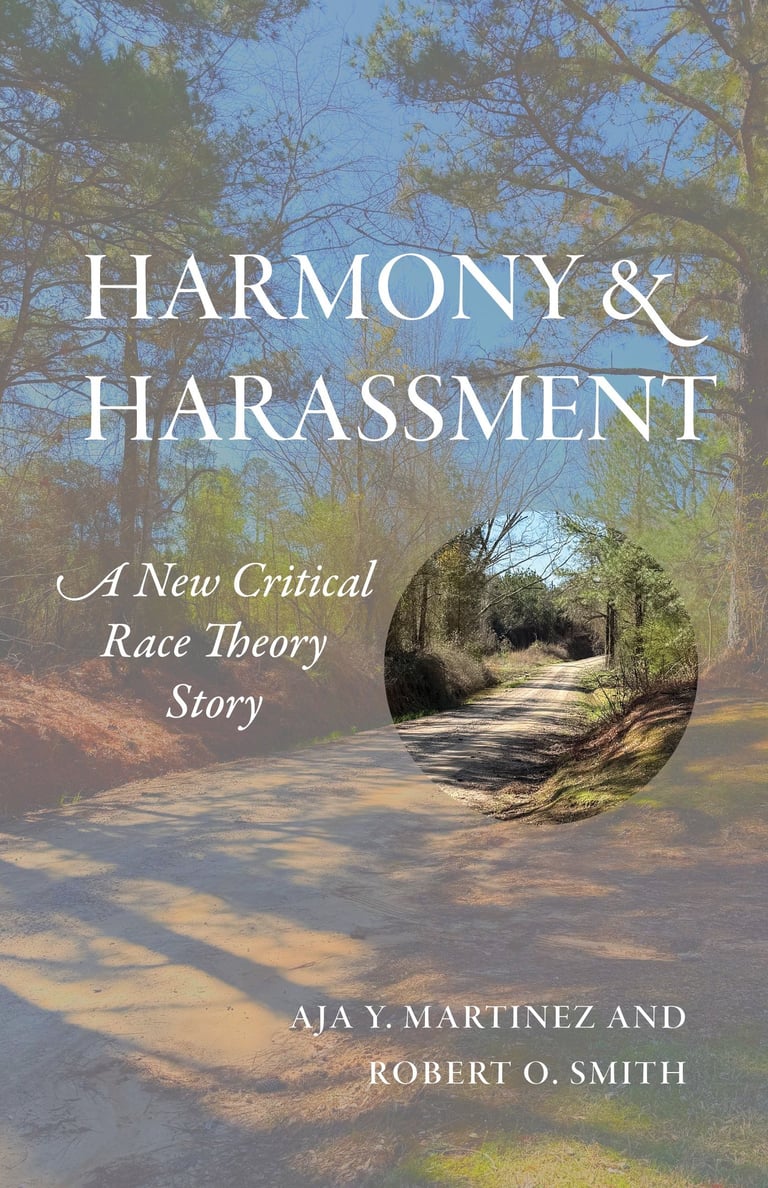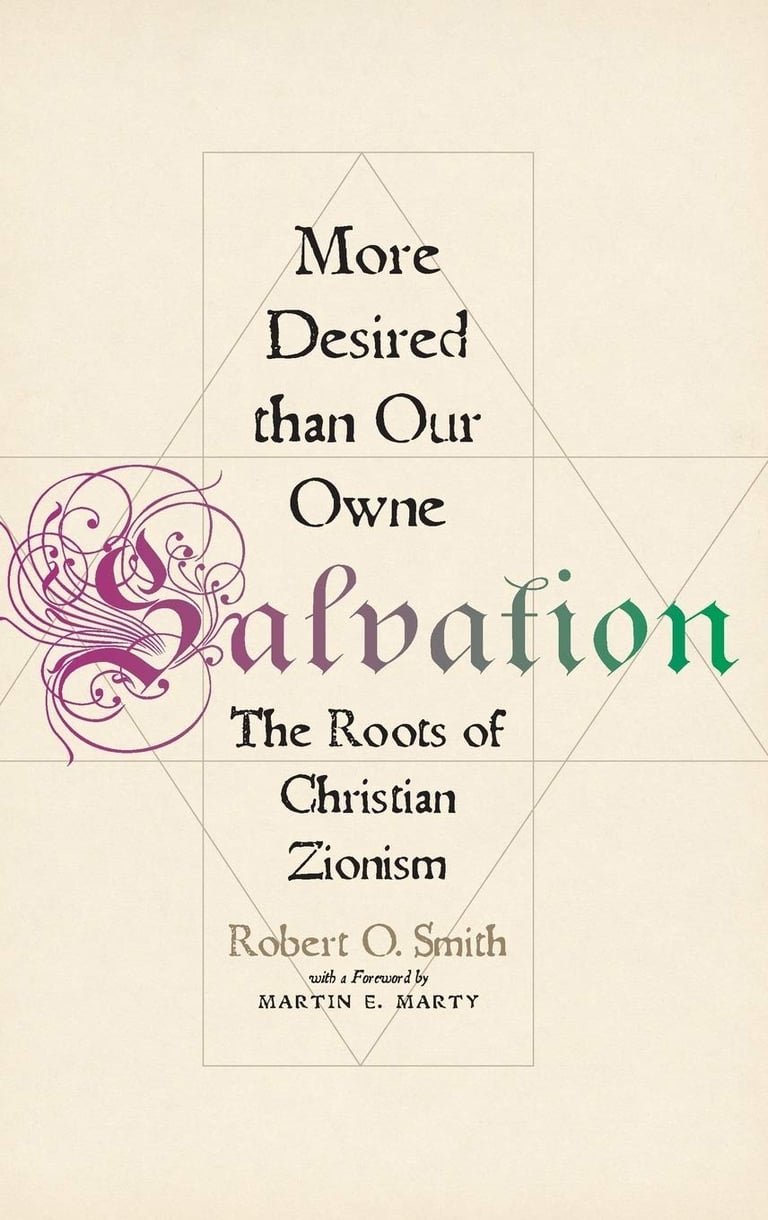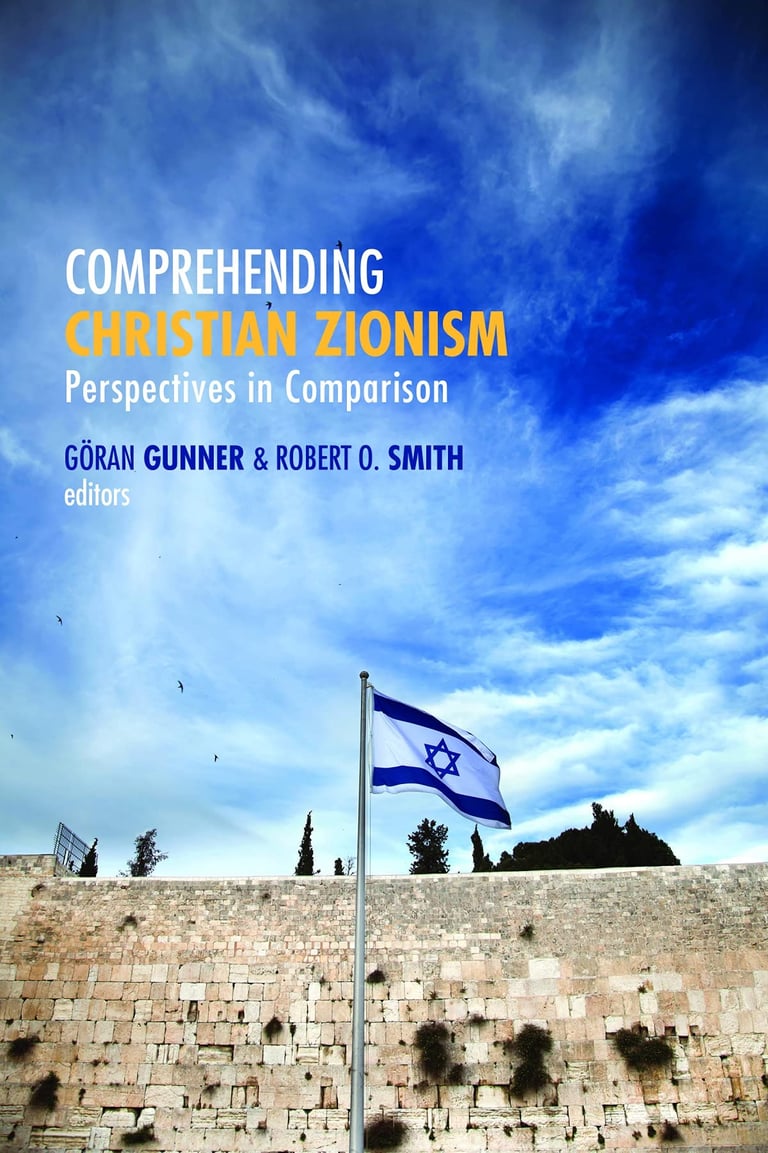Scholarship
Exploring race, religion, and Indigeneity in historical contexts.
Coming Soon!
Harmony & Harassment
A New Critical Race Theory Story


Forthcoming in Fall 2026 from University of California Press, Harmony & Harassment: A New Critical Race Theory Story. This exciting follow up to Martinez and Smith's critically acclaimed, The Origins of Critical Race Theory (NYUP 2025) inaugurates Cal UP's new series on CRT.
Building on extensive archival research and a web of deeply human relationships, Harmony & Harassment traces the headwaters of critical race theory to the rural community of Harmony, Mississippi, at the height of the 1960s US civil rights movement. Following Derrick Bell’s journey from Pittsburgh to Harmony, on to Harvard Law School, and then west to Portland, Oregon, Harmony & Harassment shows how CRT’s insights developed from the ground up, inspired by Black women’s leadership every step of the way.
Stay tuned for updates and publisher's discount codes!
"This excellent book takes a fresh look at the origins of Critical Race Theory in storytelling. Given the recent history of far-right attacks on CRT, this is a vital, timely study."
—University of California Press Board Review
More Desired than Our Owne Salvation


Millions of American Christians see U.S. support for the State of Israel as a God-ordained responsibility. Millions more see the ''special relationship'' between the two countries as a bond that should never be challenged, much less broken. Robert O. Smith provides an in-depth look at the English Protestant tradition of Judeo-centric prophecy interpretation at the heart of this popular affinity.
In 2006, John Hagee founded Christians United for Israel. Several high-level policymakers, both Christians and Jews, flocked to endorse the effort. Soon, however, questions rose about apparently anti-Catholic and anti-Islamic ideas contained in Hagee's preaching and writing. More Desired Than Our Owne Salvation explores the content of Christian Zionist attitudes, their resonance in popular American culture, and the history of the ideas that have contributed to present realities. After discussing polling data and exploring how Black Protestant views clarify general American attitudes, Smith revisits sixteenth- and seventeenth-century Protestant interpretations of scripture and history. The Pope and the Turk figured significantly, identified by both Luther and Calvin as the two heads of the Antichrist. Protestant exiles from England carried these ideas back to Elizabethan England, provided a nationalist twist, and set Anglo-American history on a new path.
The resulting English Protestant tradition of Judeo-centric prophecy interpretation shaped Puritan identity, which was then transferred to New England, where it began informing the foundations of American vocation and self-understanding. Through its developments and adaptations, this Judeo-centric tradition provided English colonists and Anglo Americans with purpose and vision. When the State of Israel was founded in 1948, many Americans readily welcomed it as a prophetic counterpart, a country whose preservation ''may be more desired then our owne salvation.''
The Roots of Christian Zionism
"offers readers a deeper understanding of Christian Zionism"
—Caitlin Carenen, American Historical Review
Comprehending Christian Zionism


The issue of Christian Zionism is one that is fiercely debated within theology, the church, politics, and society. Comprehending Christian Zionism brings together an international consortium of scholars and researchers to reflect on the network of issues and topics surrounding this critical subject. The volume provides a lens on the history of Zionism within Christian theology and offers a constructive, multidimensional path for assessment and introspection around the meaning of Zionism to Christian faith and practice.
Contents
1. Christian Zionism in Contemporary Perspective—Göran Gunner
2. Saying ‘Peace’ When There is No Peace—Elizabeth Phillips
3. "A fool for Christ"—Aron Engberg
4. Broadcasting Jesus’ Return—Matt Westbrook
5. Walking in the Mantle of Esther: "Political" Action as "Religious" Practice—Sean Durbin
6. Christian Zionism at Jerusalem Church in Copán Ruinas, Honduras, an “Out-of-the-Way” Place—William Girard
7. Christian Zionist Pilgrimage in the Twenty-First Century—Curtis Hutt
8. Living in the Hour of Restoration—Faydra L. Shapiro
9. Christian Zionism and Main Line Western Christian Churches—Rosemary Radford Ruether
10. Palestinian Christian Reflections on Christian Zionism—Mitri Raheb
11. From the Institutum Judaicum to the International Christian Embassy—Yaakov Ariel
12. Mischief Making in Palestine—Mae Elise Cannon
13. Israelis, Israelites, and God’s Hand in History—Timo R. Stewart
14. The Rise of Hitler, Zion, and the Tribulation—Gershon Greenberg
15. Inverting the Eagle to Embrace the Star of David—George Faithful
16. Conclusion—Robert O. Smith
Perspectives in Comparison
Editors: Göran Gunner and Robert O. Smith
Scholar
Exploring race, religion, and indigeneity.
CoNNECT
Check out my Academia.edu for open access articles, book chapters, and more!
© 2024. All rights reserved.
